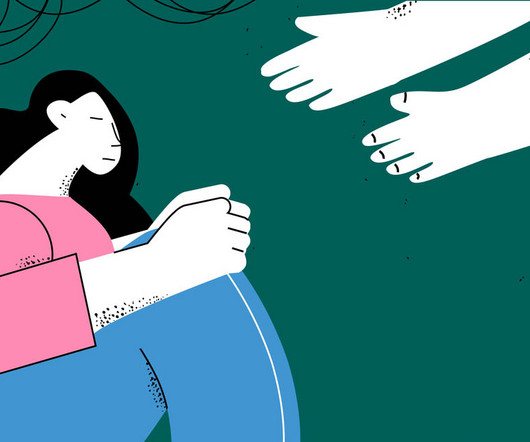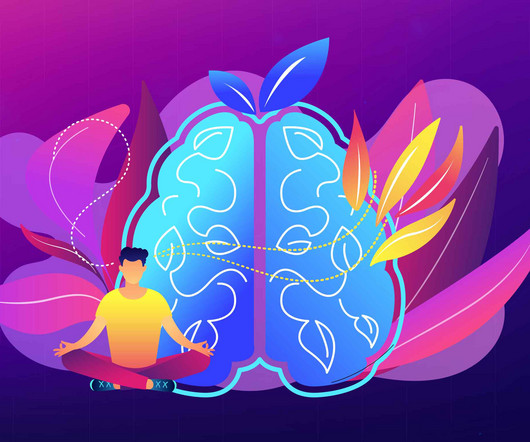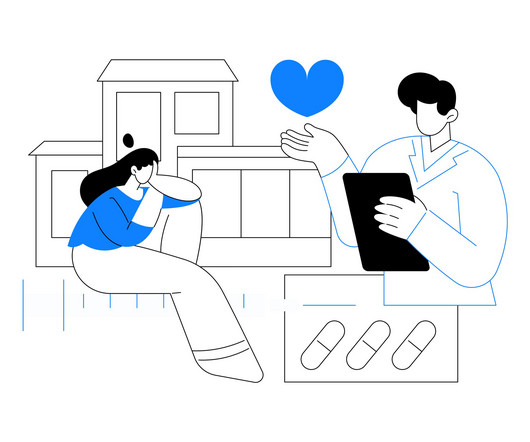Depression: Biological or Psychological?
Mad in America
MAY 29, 2025
Robert Spitzer, who headed up the construction of DSM-III, acknowledged he knew of no such evidence apart from the few disorders I cited above. Ultimately, when DSM-5 was published in 2013, the manual retained the descriptive stance adopted for DSM-III, which had ducked specifying any biological causation for the disorders.











Let's personalize your content